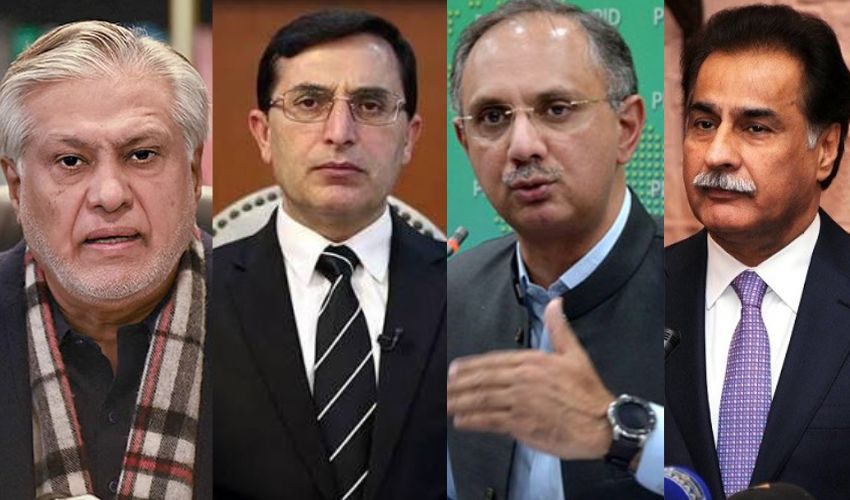The people of Kashmir continue to grapple with severe human rights violations, drawing international attention. In a contentious move back in October 1947, India, contrary to the wishes of the Kashmiri populace, forcefully seized control of Jammu and Kashmir, effectively flouting the Freedom Act.
The unlawful occupation and violation of the rights of Kashmiri citizens have been formally raised at the United Nations Security Council, leading to the approval of five resolutions addressing the Kashmir issue.
The conflict has exacted a heavy toll, with Indian forces reportedly claiming the lives of over 250,000 Kashmiris, leaving behind more than a hundred thousand orphaned children and subjecting over 11,000 women to violence.
The situation remains dire, with over 160,000 Kashmiris reportedly arrested, and more than 1,100 properties set ablaze. Since 2019, the region has experienced the longest internet blockade, exacerbating an already complex scenario.
Despite the United Nations greenlighting five resolutions, none have seen tangible implementation, leaving the Kashmiri people in a state of limbo.
A pivotal moment occurred on August 5, 2019, when the Modi government revoked Article 370, stripping the Kashmiri people of their special status. Analysts suggest this move was aimed at demographic changes favouring the ruling Bharatiya Janata Party (BJP).
The repercussions of Article 370's abrogation have reverberated through the economy, with a notable spike in unemployment reaching 16.2%, impacting not just the local populace but also casting a shadow on the wider Indian economy.
Highlighting the need for self-determination, Syed Ali Gilani stated, "Jammu and Kashmir is not a part of India." Mir Waiz lamented the lack of democracy and rule of law in the occupied territory, stressing the deployment of Indian forces against civilians.
Mushaal Mullick, underscoring the resilience of the Kashmiri people, commented, "India has failed to suppress the Kashmiri people's aspiration for freedom." She urged the United Nations to take immediate action, calling for a resolution to halt demographic changes and conduct a new census.
Mir Waiz accused the Modi government of initiating the occupation of agricultural lands, which he claims are the ancestral properties and homeland of the Kashmiris, highlighting the steadfastness and independence of the Kashmiri people in rejecting Indian dominance.



























